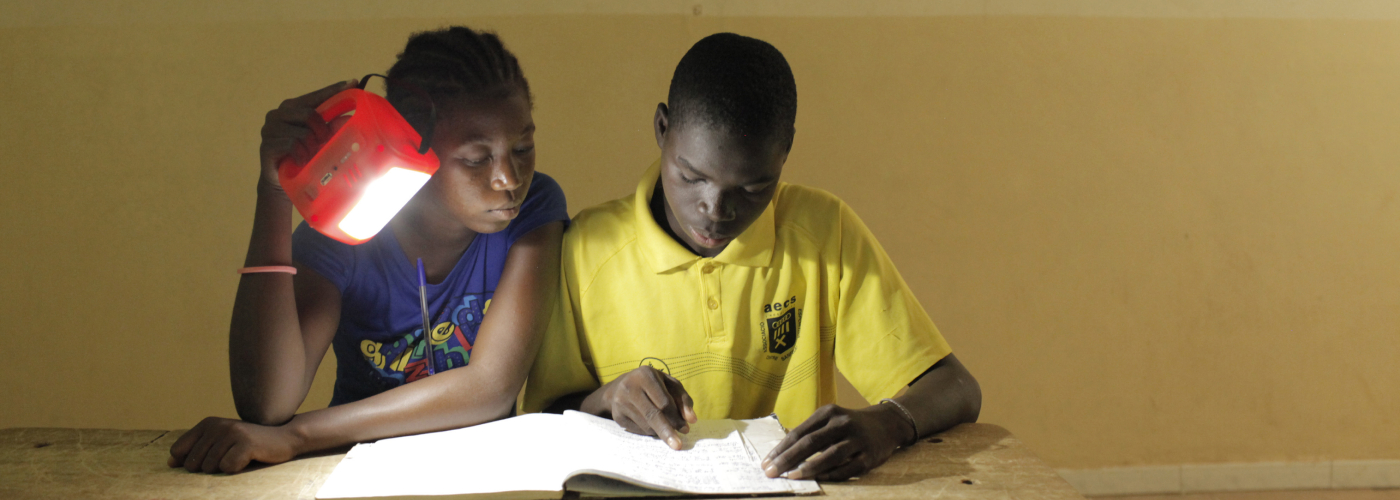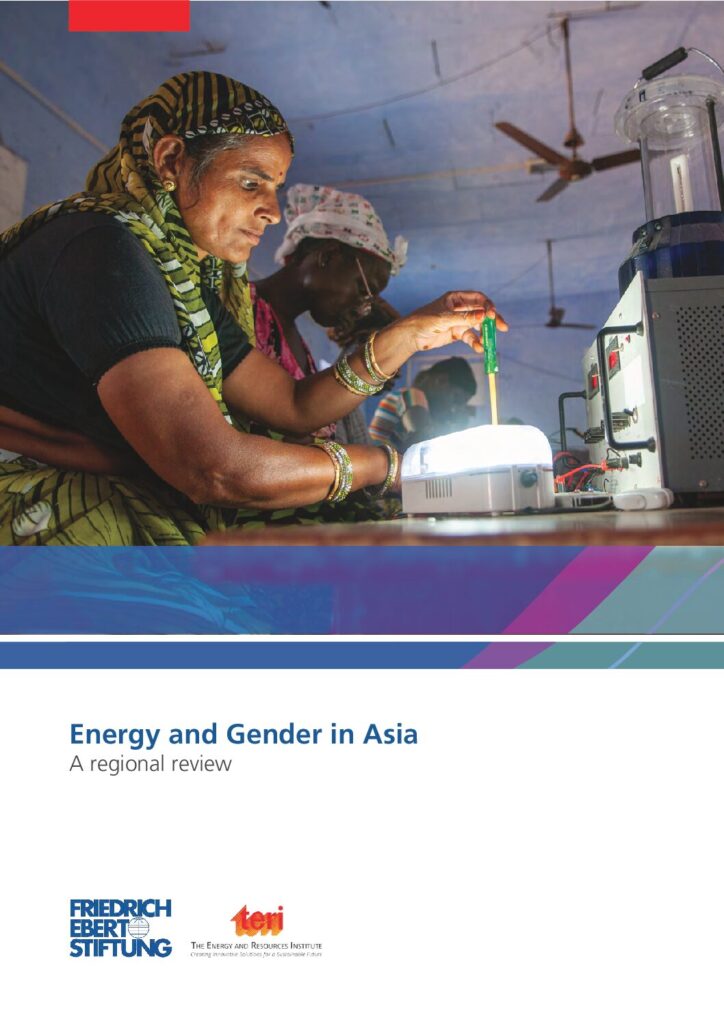The ongoing global energy transition towards a low carbon and sustainable future has the potential to bring far-reaching and systematic changes to our societies. This transition offers several opportunities for greater social justice and gender equality and is likely to create pathways to improve women’s quality of life. While making inroads into entrenched social structures, this phase of transition also presents the potential to acknowledge and act upon inherent inequalities that have restricted women’s access to resources and their agency in the context of economic empowerment. Yet, to fully realize the objectives of social justice and inclusion, this transition must tap into the wide pool of talent and abilities of women. Within the energy sector, women have been largely underrepresented due to deterring sociocultural norms. Their absence impedes the move towards a gender-just energy transition.
The growing recognition of the essentiality of gender inclusion in the larger energy-transition scenario must be further encouraged for addressing the complex nature of gender justice in the context of energy transitions and providing tangible inputs for policy uptake. This review provides new facets for the current debate on how a just transition for inclusive climate action can take a strong role in transforming gender norms and furthering gender equality. It delves into how a gender-just energy transition could look like in South and South-East Asia, amid the specific energy needs and requirements of countries still in development phases and the urgency created by climate change.
The discussion’s journey is to deepen gender-specific knowledge and applications in five priority countries— China, India, Philippines, Thailand, and Vietnam. Based on in-depth research and blogs and commentaries by and interviews with experts, this first collaborative paper by The Energy and Resources Institute and FES seeks to narrow the knowledge gap. It draws attention to the perceptions about, the barriers to and the challenges with social inclusion and gender equality in the energy sector, as seen by policymakers and practitioners. It includes their ideas of successful experiences. These experts and contributors from the Global South give valuable insights and open up new avenues for debate and deliberations, including recommendations for moving the needle that are based firmly on research and experience.








